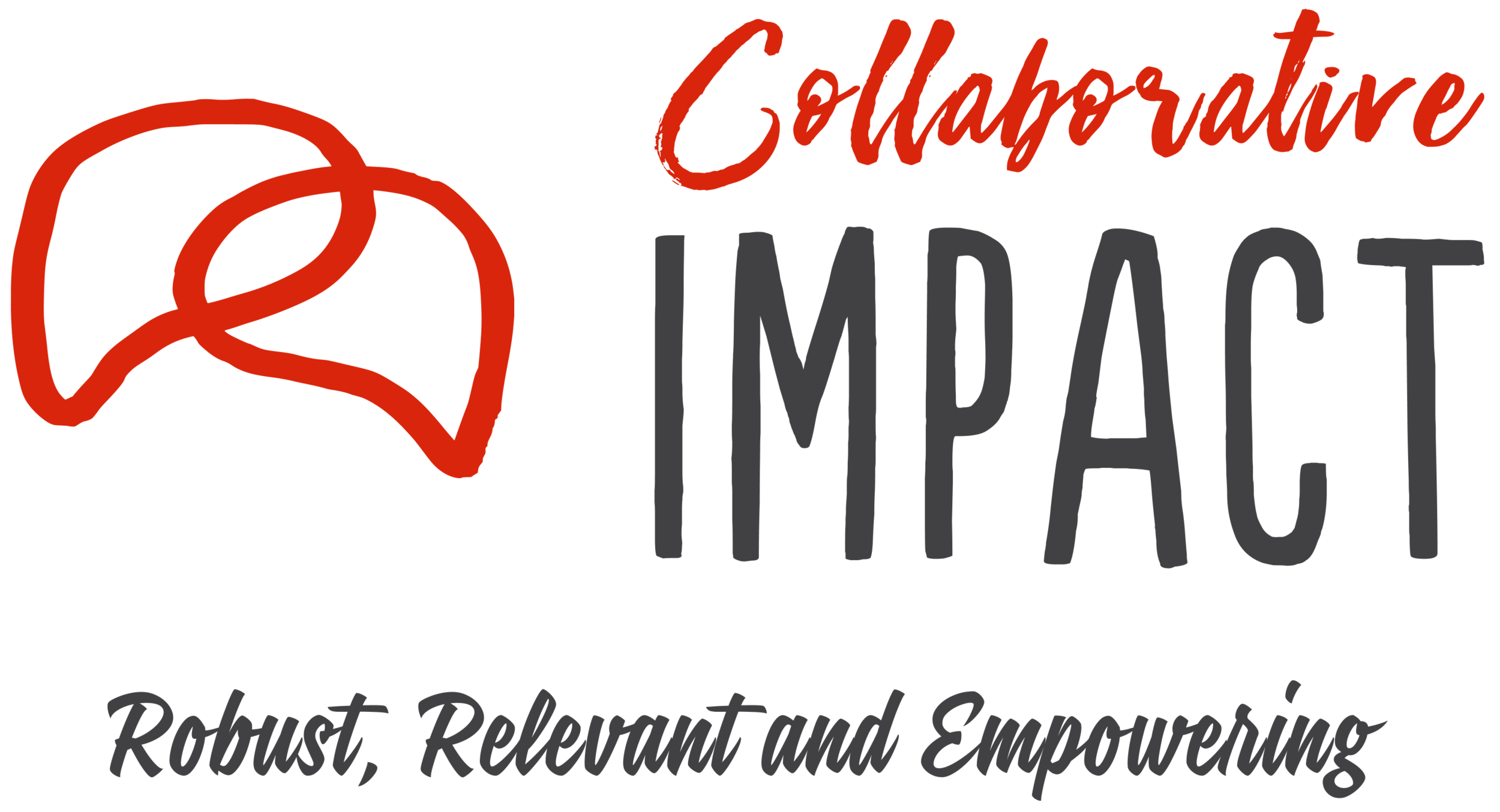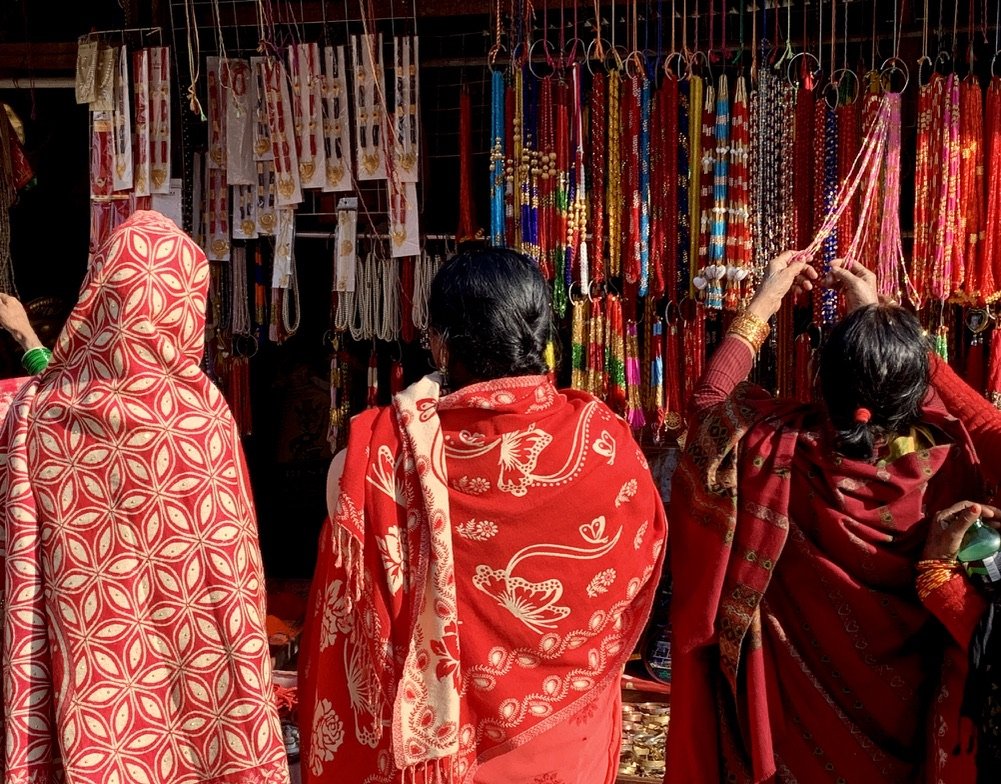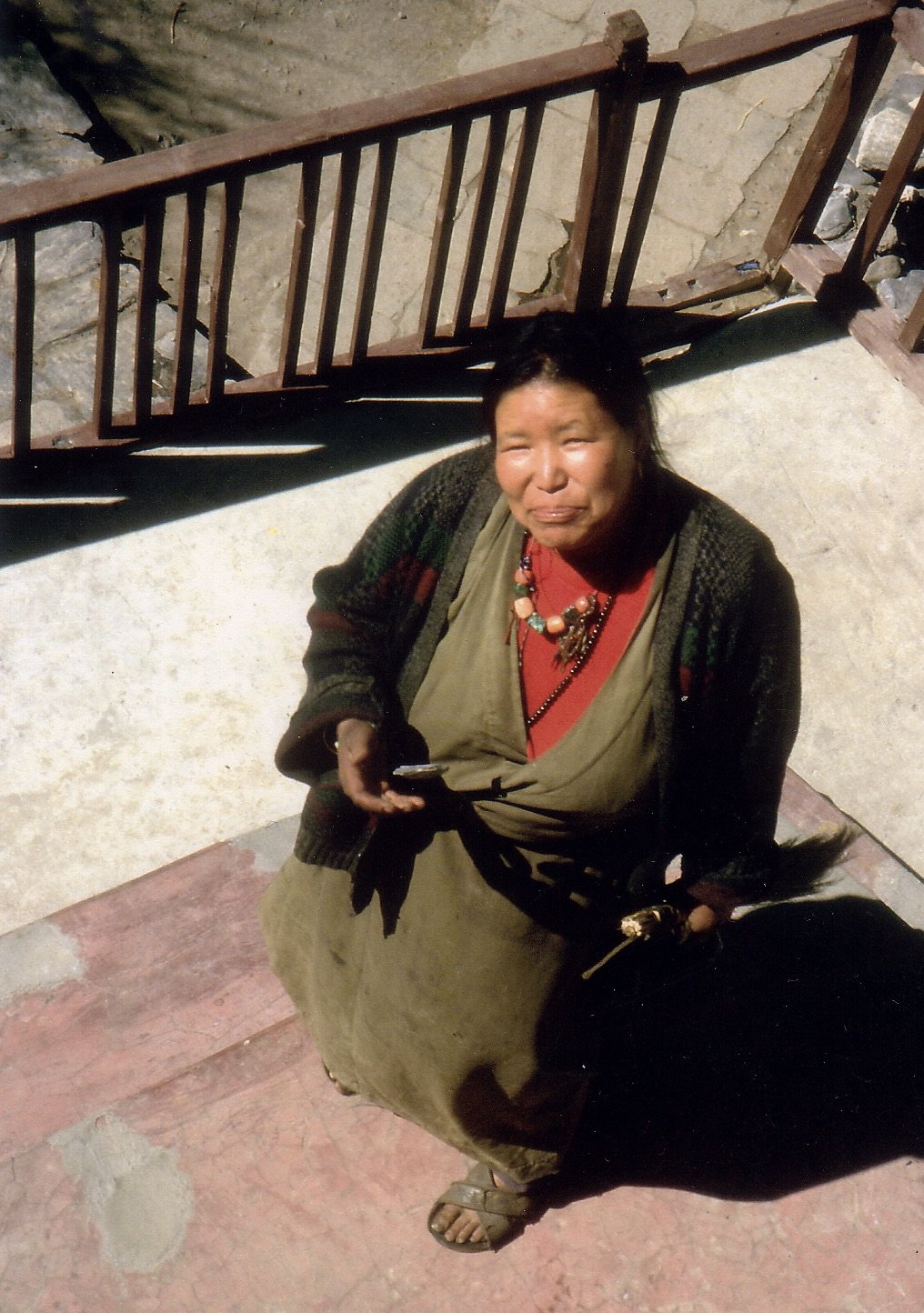STORY-BASED IMPACT MONITORING OF GENDER SOCIAL NORMS IN NEPAL
Monitoring emergent change in gender social norms to inform UN Women's country strategy and adaptive programming in Nepal
Client
UN Women
Period
2019 - Ongoing
Services
Evaluation
Location
Nepal
Areas
Social Justice and Empowerment
Since 2019, Collaborative Impact has partnered with Gender at Work and The Story Kitchen to monitor gender social norms change across Nepal. This five-year research initiative is coordinated by UN Women Nepal as part of their broader ‘Hamro Sahakarya’ (Our Collective Action) programme, with funding from the Government of Finland. Using story telling as an entry point, the research aims to understand transformative change pathways towards gender equality and social inclusion to support country strategy and adaptive country programming.
This SenseMaker-based feminist and participatory approach places women and girls at the centre of their own storytelling. The research methodology combines interpretive depth of storytelling with statistical power of aggregated data to track patterns and trends in gender social norms and behaviours. Meanwhile, the broader Hamro Sahakarya programme, within which this research sits, supports women and girls in empowering processes of collective reflection and action.
Gender at Work’s Analytical Framework helps identify and map the potential change pathways and the variables and questions for the storytellers to self-signify their stories and reflect on their significance in relation to deeper social norm change processes. The approach applies our Participatory Statistics philosophy that fits particularly well with the group-based reflection, learning and social mobilisation aspects of UN Women Nepal’s programming and is in line with the overall gender equality goals of Agenda 2030. Furthermore it applies the multi-stage cluster sampling that is essential in Participatory Statistics (and in PIALA-based evaluation designs) and enables statistical trend/pattern analysis over time.
For the baseline study, the team worked with community-based peer researchers to gather 1000 stories from women of all ages and from varied socioeconomic and ethnic backgrounds in five districts of Nepal. Using the SenseMaker tool, the storytellers self-signified their stories by associating them with the various types of emotions, behaviours and changes in power relations related to the four quadrants of the Gender at Work Analytical Framework. Rapid analysis enabled the research team to facilitate Participatory Sensemaking sessions with local communities, district stakeholders and national partners to cross-validate and deepen insights, and prompt reflection and action.



